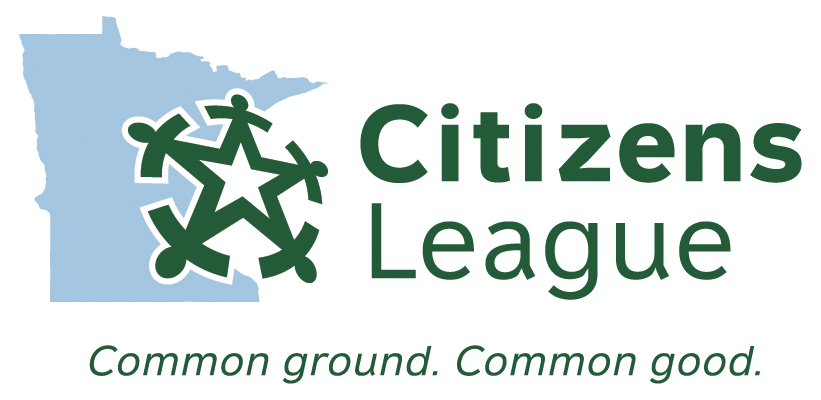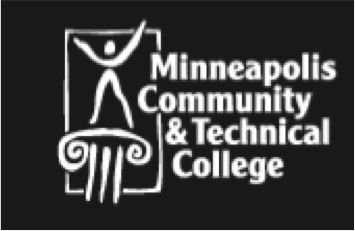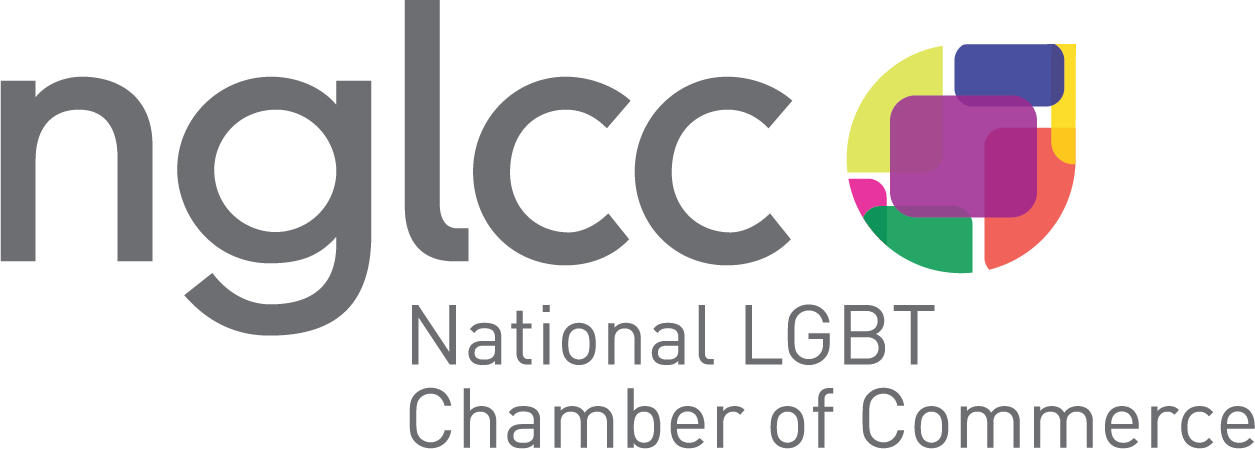 Bri shares some of their first generation and queer college student experience, and provides insight on how they were able to set themself on a rising professional trajectory in an environment with limited resource for LGBT student services. Bri explores the tough questions, like navigating privilege and working towards equity within systems that perpetuate oppression. Ultimately, Bri covers the big, complex and rewarding challenges of supporting students, seeking support from leadership, and cultivating networks of support amongst peers; and concludes that collaboration and deep community care is the true source of their success and joy.
Bri shares some of their first generation and queer college student experience, and provides insight on how they were able to set themself on a rising professional trajectory in an environment with limited resource for LGBT student services. Bri explores the tough questions, like navigating privilege and working towards equity within systems that perpetuate oppression. Ultimately, Bri covers the big, complex and rewarding challenges of supporting students, seeking support from leadership, and cultivating networks of support amongst peers; and concludes that collaboration and deep community care is the true source of their success and joy.
Bri is currently a Ph.D. student in the Higher Education Leadership program at Colorado State University and their research interest is on the resiliency among transgender undocumented students of color. They serve on the Executive Board of the Consortium of Higher Education: LGBT Resource Professionals as the People of Color Co-Chair and the NASPA Gender and Sexuality and the Latinx/a/o Knowledge Community as the Latinx Inclusion Co-Chair. Bri has two academic chapters being published in early 2018 and consistently presents regionally and nationally on LGBTQ Latinx and trans identities.
Show Highlights:
- A little bit more about Bri’s background and love for Game of Thrones 01:41
- Which identities are the most salient for you today? 03:19
- Tell us a little bit about the work you are doing around inclusion and social justice at Cal Poly Pamona? 04:58
- If folks listening to this podcast are really just starting on this journey, or trying to figure out how to build on the momentum that they already have around trans inclusion on their campus, can you name one or two policies or practices that they can emulate or talk about to their leadership at their institution? 06:48
- You’re also currently a doctorate student. Does trans inclusion show up in your coursework? Are there any attempts to radicalize the curriculum and are you taking any kind of leadership role there? 08:01
- Your program is with Colorado State! What made you decide on that program and do you have any advice for folks listening who are interested in pursuing a graduate degree? 09:50
- How would you say that you arrived to the work that you’re doing today? 12:48
- Do you have any advice for graduate students and newer professionals seeking to break into inter-cultural and multi-cultural or gender-based roles–or looking to become LGBT resource center directors and coordinators? If that’s their next step or it’s in their future, is there anything they can do to add to their resume or find places to network? 15:18
- What are you reading? What are you listening to? What is informing your work, that you can share with folks that are listening in? 19:13
- What has been the biggest lesson that you have learned in your professional life? 20:55
- In thinking about agency, and leveraging your privilege in access to these tables where decisions are made: When you’re working in these higher ed, institutional structures what are those strategies or what are those skills, those behaviors that folks that are leaders in your organization that you’re working with–how do they support you? How do they help you to feel that you have agency in the work that you’re doing, that you have impact, that your voice is heard, that you’re at the tables you need to be at; and in your movement, your goals, your pathway? 23:45
- Regarding all of the different leadership engagements and volunteer work that you’re involved with: Why do you do it all and how do you balance that? 26:25
- Thinking on mentoring peers and mentoring up, what is that one piece of guidance that you would give to college professionals that are doing equity, inclusion and social justice work in today’s higher ed environment? 29:22
- What can we look forward to from you? What’s a big project you’re working on or something that you envision will happen in the future for you? 31:06
- Has your institution or the system been engaged in conversation about the “what-ifs” scenario, if DACA does go away? How do campuses and the system respond? 33:00
Notable Quotes:
- “Yeah, so it’s been somewhat of a journey. So for me in college, Cal State Fullerton at the time, there wasn’t an LGBT Center, there was only a club on campus and so I was in the closet throughout my college experience. And so I didn’t come out until I was in grad school…” 12:48
- “I think the challenge with LGBT work is that there’s only about 250 centers throughout the entire nation, and that’s over 4400 private or public institutions. So the chances of even securing a position is really challenging.” 15:28
- “[Pedagogy of the Oppressed] is definitely one of those that inspires me and motivates me to continue to do the good work. And also recognizing social institutions that perpetuate oppression, and what does that mean for me as being a part of one of them?” 19:18
- “One thing that I don’t feel like is really teachable, necessarily–until you practice it–is around politics and higher ed. And so, I think specifically for me doing LGBT work is around identity politics and navigating my own ability to bring myself authentically to work and the work that I do as an educator of who I am, my values and ethics, that I’m comfortable with making decisions or doing specific practices–and at the end of the day I’m good with that.” 21:09
- On privilege and support from leadership “..having leadership who recognizes and affirms positive impact and positive work that folks are doing on the ground. And so, I benefit from that and I recognize that that is a lot of privilege that I have. And so, for me, it’s being also very intentional about the way that I frame the work that we’re doing here on campus, and how we’re continually progressing, and that we know the work isn’t done.” 24:35
- “I think it’s okay to recognize we get really tired. Like, this work can be very draining and exhausting, and that’s not a bad thing, necessarily. I just know for me I’m actually an introvert and a lot of people don’t know that. But at the end of the day when I go home, I just check out and I do what I need to do to reinvigorate myself.” 29:22
- On exhaustion and reinvigoration “..but sometimes it also means that I just need to touch base with my family, my community. And for me what’s really caused me to persevere through higher ed, and especially me being a first generation student is connecting to folks that are similar to myself. And so, I just wanna give a big shout out to my QT Latinx community that I have: Maya Cardenas, and Marcela Ramirez, Abron Manzon, and a lot of other folks that have supported me through years of moving forward, and through Pulse nightclub, and through doing equity work similar to what I do. And I can bounce ideas and just call them, or just go out and get a drink with them. Like, it’s just hardcore community care that has really allowed me to survive and thrive.” 29:50
- Inspirational quote by Emiliano Zapata “I’d rather die on my feet, than live on my knees.” 35:51
Links Mentioned:
- Colorado State University, Higher Education Leadership Program
NASPA
Consortium of Higher Education LGBT Resource Professionals - Connect with Bri on LinkedIn for professional connection or on Twitter to follow Bri’s workout feed
Click here to start your free trial of Audible and download your copy of Bri’s recommended book for free: “Pedagogy of the Oppressed” by Paulo Freire
*This post contains affiliate links and I will be compensated if you make a purchase after clicking on my links.
Join the newsletter

You are going to love this collection of the top 3 requested resources from our Social Justice Toolkit series! Download here.








